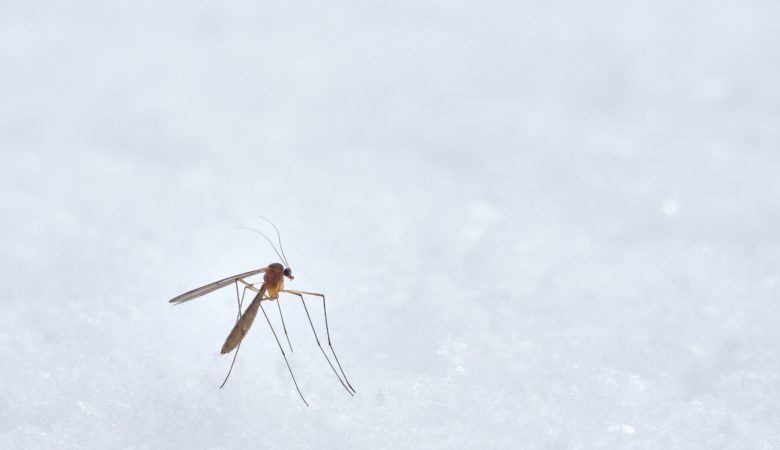Mosquitoes: From Supreme Annoyance to Disease Eradicators

Buzz. Buzz. Smack. You’ve just become a mosquito’s (last) meal. Depending on how allergic you are to mosquito bites, this could be anything from a minor annoyance to the beginning of a giant, itchy welt that lasts for weeks. In fact, you might be envisioning a paradise in which these nasty little bugs simply don’t exist…and if a genetically modified mosquito experiment is successful, that future might not be far off.
Before you break out the champagne, beware: this experiment has been met with skepticism from scientists, thanks to a lack of transparency. But if you’re willing to give them the benefit of the doubt for now, the future looks a little brighter—and mosquito-bite-free.
Do mosquitoes have a purpose, or is their entire existence meant to make us miserable?
Those of us who have been chewed up by mosquitoes have a hard time believing that they serve any ecological purpose. Plus, they’ve been known to spread disease, like Zika virus, West Nile virus, Chikungunya virus, dengue, and malaria, according to the CDC.
The National Wildlife Federation says that mosquitoes actually do serve a purpose: they’re pollinators, and a food source for cuter, less bitey wildlife like turtles and hummingbirds. Some orchid species rely heavily on male mosquitoes to pollinate them. Plus, it’s only the female mosquitoes who bite, and only after they lay eggs. (Now you can add the guilt of shamelessly murdering a new mother to the list of things that keep you up at night—or not.)
So yes, mosquitoes do have an ecological purpose…but it would be nicer if they would quit biting us. That dream might just be within reach.
One biotech company aims to free us all of mosquito bites
Genetically-engineered mosquitoes may sound like the stuff of nightmares, but they’re officially on the loose in the Florida Keys. Oxitec, a biotech company, has released their own version and is monitoring the local mosquito population to see what happens next.
Oxitec’s goal is to kill off disease-carrying, biting mosquitoes without the use of pesticides. According to them, these genetically engineered bugs “contain a proprietary gene that should…prevent any females from surviving past the larval stage and leave only non-biting males. As those males mate with wild females, they pass on the gene in an attempt to curb the wild population and also gradually dilute the engineered gene out of existence.”
Sounds great. Anything to avoid covering yourself head to toe in bug spray every time you leave the house. Some of the locals disagree. Apparently this mosquito experiment—emphasis on experiment—has been getting flack from environmentalists, scientists and local residents for the last ten years. One resident noted that Oxitec hasn’t offered any third-party peer-reviewed scientific explanations, safety studies or an environmental impact study. After all, there’s hardly a way to opt out of the study, short of packing up and leaving their home and the Florida Keys. Obviously, not many people can afford to do that, especially during our current economic and health crisis.
Scientifically altered mosquitoes on the loose—what could go wrong?
If the experiment works, we could ostensibly see the mosquito population genetically engineered into a kinder, gentler species—and the discontinuation of pesticides, which can kill helpful insects like bees. But what if the wild (biting) female species survive and reproduce? An EPA spokesperson says that’s the end of the experiment. “In the unlikely event Oxitec finds genetically modified female offspring, they are required to immediately cease releases, apply conventional pesticides targeting the adult and larval mosquito stages and continue monitoring until no female OX5034 mosquitoes are found for two consecutive generations.”
The likelihood of this happening is also debated. It turns out that Oxitec has tried this before in Brazil, with less-than-stellar results. It turns out that the mosquitoes bred to create a hybrid generation—one that still bites. While the company adamantly claims that’s not the case, it’s still not a comforting thought.
On top of that, Oxitec has been engaging in shady practices in the Florida Keys—such as trespassing on private residential property and searching the outdoor spaces after a resident opted out of assisting the experiment. There’s plenty of ill will toward the company, and many people don’t understand how or why the EPA greenlit the project.
Will these genetically modified mosquitoes make summertime more enjoyable, or will we all end up having Jurassic-Park-sized regrets? Only time will tell.

